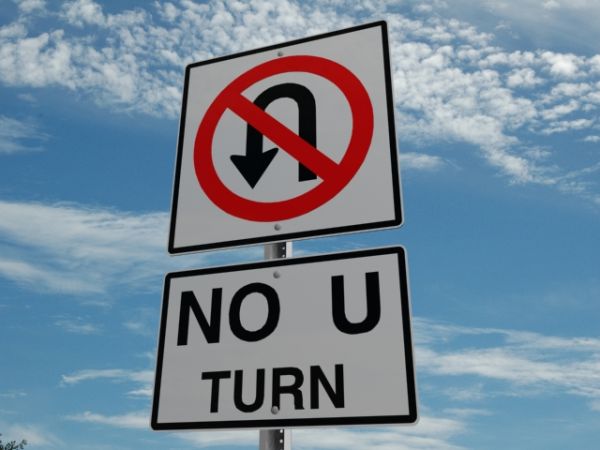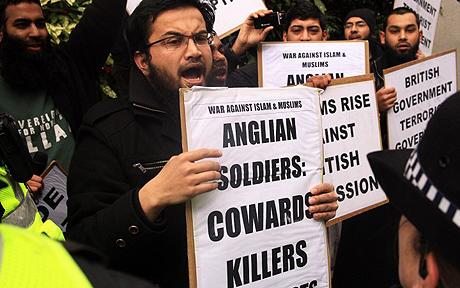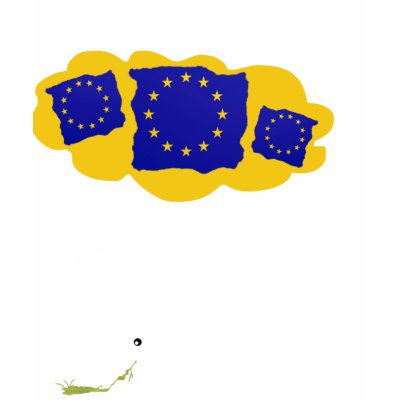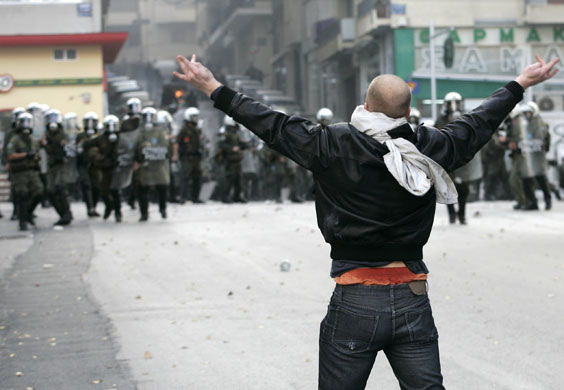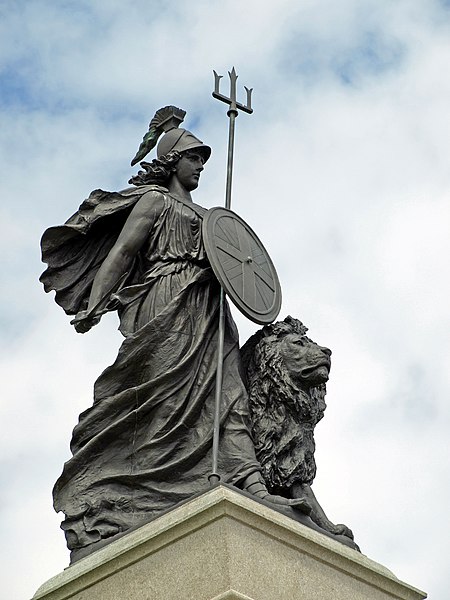
Recall the familiar, if not yet proverbial, tune of Rule Britannia by James Thompson with music by Thomas Arne.
The lyrics of the chorus to the sung version ('Rule, Britannia' is a poem originally), please let me draw your attention to the part in italic...
- Rule Britannia!
- Britannia rule the waves
- Britons never, never, never shall be slaves.
- Rule Britannia!
- Britannia rule the waves.
- Britons never, never, never shall be slaves.
Never, never, never shall Britons be slaves, quite patriotic it is and the tunes of which have reverberated long into this century. It has touched hearts and minds, it has even permeated the darkest depths of political thought for who could well forget Margaret Thatcher's famous "No! No! No!" - speech?
As you might have guessed there is darker tone, a more deleterious background and an altogether lost sense of what the song was written for of what it was supposed to represent.
If we roll back the clock to the time of the Magna Carta Libertatum, signed by King John of England in the year 1215 (actually there is no evidence that King John could write but it did bear his seal). I will again give the readers of this account the benefit of the doubt and assume them scholarly knowledgeable of the Great Charter. Non-believers of this charter seem to think that even though it has been amended through the ages (quite a few times actually) and that it initially only applied to aristocracy and large landowners, makes it defunct today for all swathes of society even aristocracy and large landowners (I hope you can spot the stupidity of this argument even though Lord Mandelson likes to sport himself part of the 21st century aristocracy...) This is the view held by the EU apologist Nosemonkey.
The most famous of its sixty-three clauses said that no free man could be imprisoned, outlawed or exiled except by the lawful judgement of his peers or by the law of the land, and that justice could not be sold, delayed or denied. It also contained clauses relating to the treatment of heirs and widows and to the payment of debts. It provided for uniform measures of wine, ale, corn and cloth throughout the realm. It confirmed the liberties of the Church and of all cities and towns and it sought to regulate the conduct of all local officials such as sheriffs, bailiffs and constables and ensure that they knew and observed the law.
The most significant part of this transfigured into what we today know as habeas corpus - directly from clauses 36, 38, 39, and 40 of the 1215 Magna Carta.
Did you know that habeas corpus only applied to aristocracy and large landowners? /sarcasm.
We have now come some way in constructing what to many is the best legal system ever to have seen the light of the sun, but we are not quite there yet.
The 1689 Bill of Rights is what is most important and significant for the whole purpose of this post. The official name of the act is
An Act Declaring the Rights and Liberties of the
Subject and Settling the Succession of the Crown.
Fancy you might think and I would quite agree. What it did in a massive slap-in-the-face-of-history summary was to establish that Parliament was the ruling power of England and subsequently Great Britain which was formed in 1707. We will not go into detail of the document the entirety which can be found here. There is however one very important clause which must be discussed, repeated and proclaimed over and over again...
“No foreign prince, person, prelate, state or potentate hath or ought to have any jurisdiction, power, superiority, pre-eminence or authority, ecclesiastical or spiritual, within this realm”
Before going into what this in turn has to do with Thomas and Arne let me again rub my heal into the balls of the EU apologetics who claim the Bill of Rights is obsolete because King William III, a Dutchman, passed it into law. Upon which they also add that a quarter of a century later the crown passed to a German King George I, who spoke no English (why they add this bit I do not know).- Charles I of England (19 November 1600 – 30 January 1649) had Scotish and Danish parents - what does that make him? To the apologetics he certainly is not English. He was even born in Fife well before the UK came into being.
- Edward III of England (13 November 1312 – 21 June 1377) had a French mother and a English father - what on earth does that make him, he is of course not English with the apologetics.
- Stephen of England (c. 1096 – 25 October 1154) this poor fellow was born in France, had a french mother AND a french father he was really really really not English even though he was king - according to the apologetics.
But here is what it really burns down to because of what was said in the Bill of Rights the EU is by virtue illegal. I do not have enough judicial or constitutional knowledge to know by what authority our parliament has signed away our liberties through the following treaties and accessions, all I know is that they have:
- European Convention of Human Rights (Human rights should always be upheld as the highest virtue of a nation but it should be arbitrated by the state itself).
- European Communities Act (1972)
- Treaty of Maastricht (1992)
- Treaty of Amsterdam (1997)
- Treaty of Nice (2002)
- Treaty of Lisbon (20??)
With this I take my leave for a couple of weeks during which blogging will be quite sparse.


